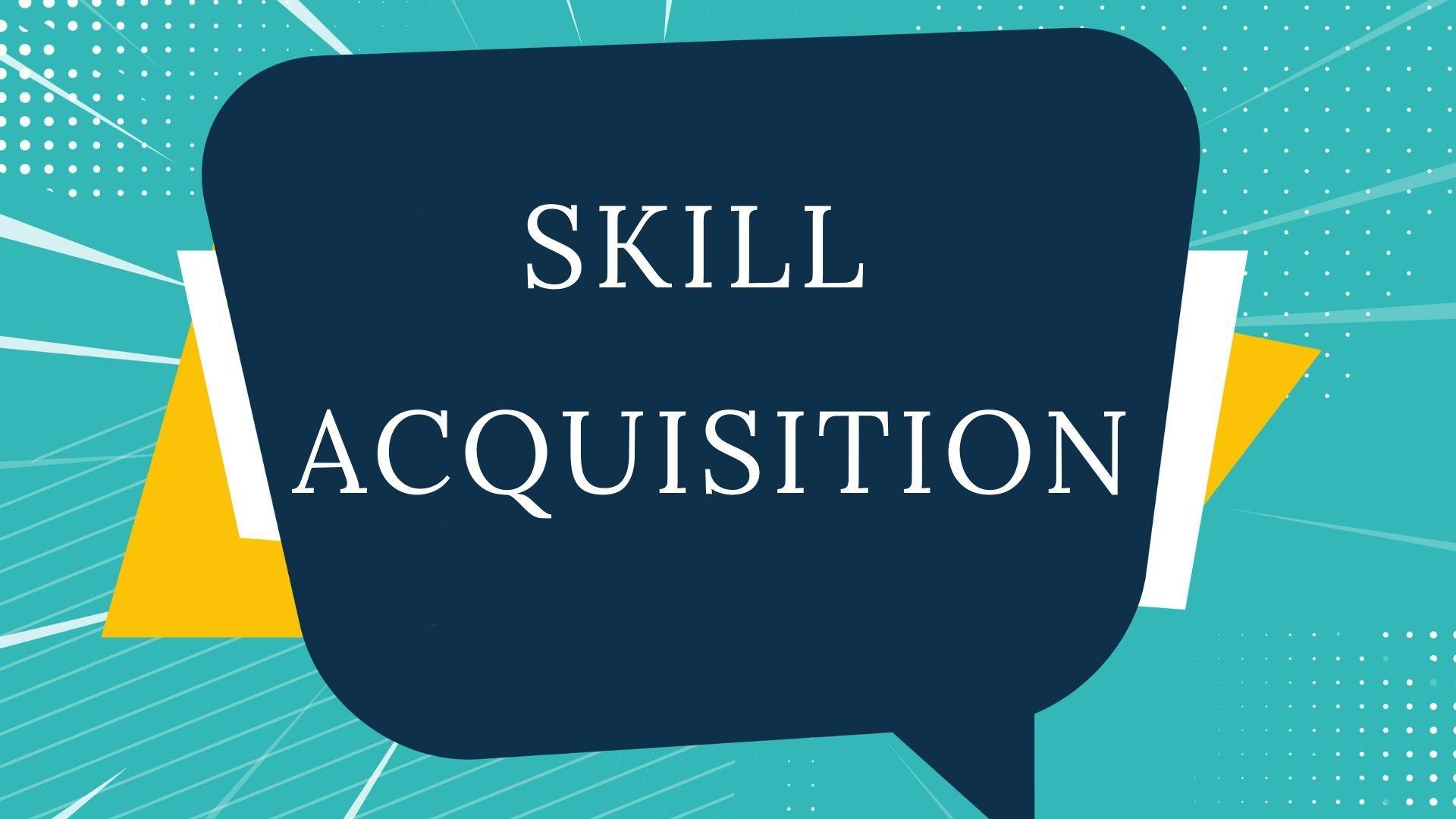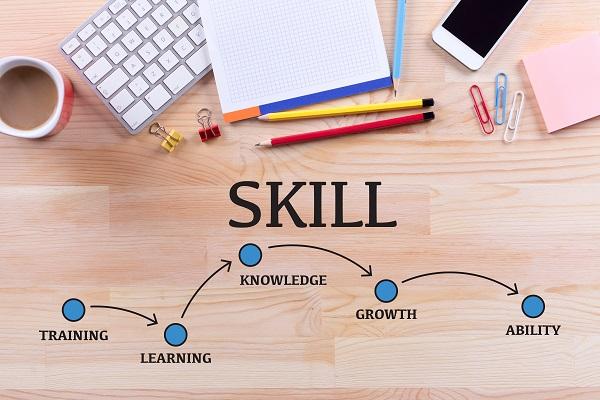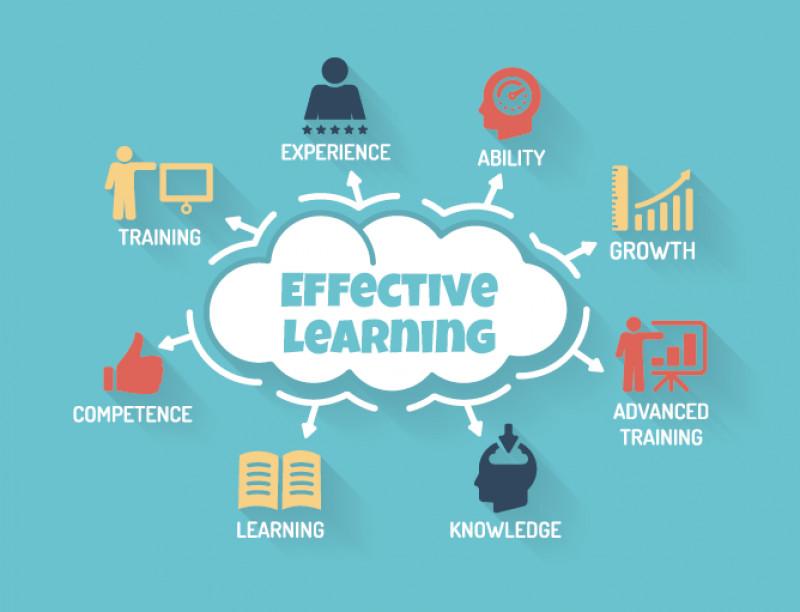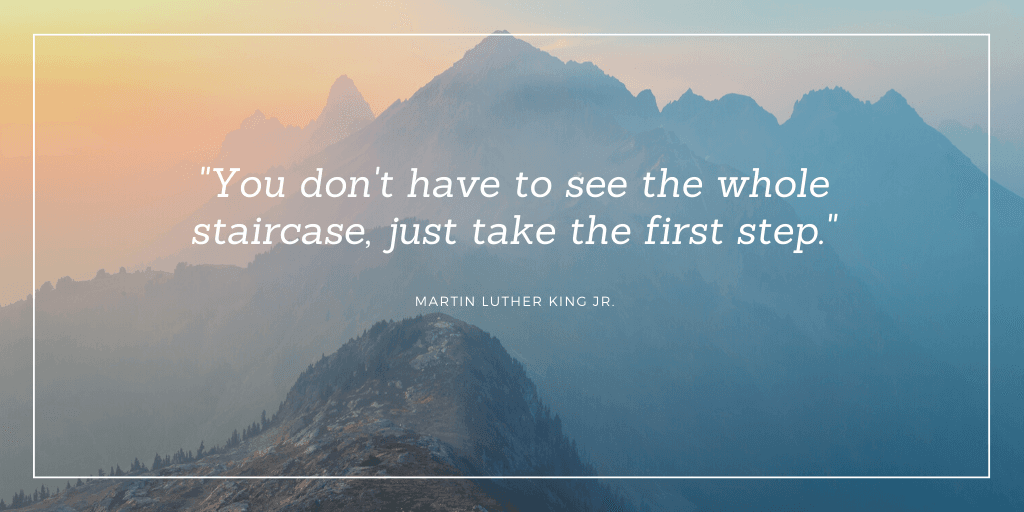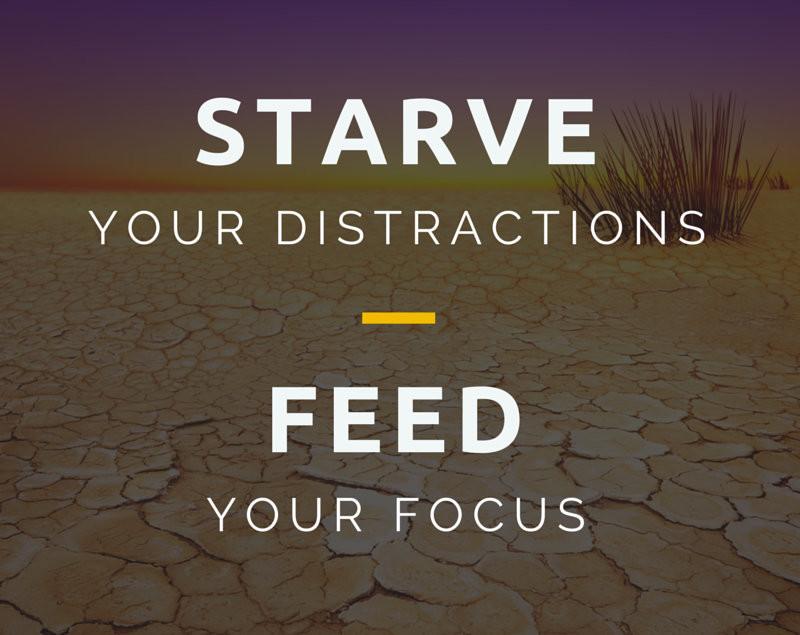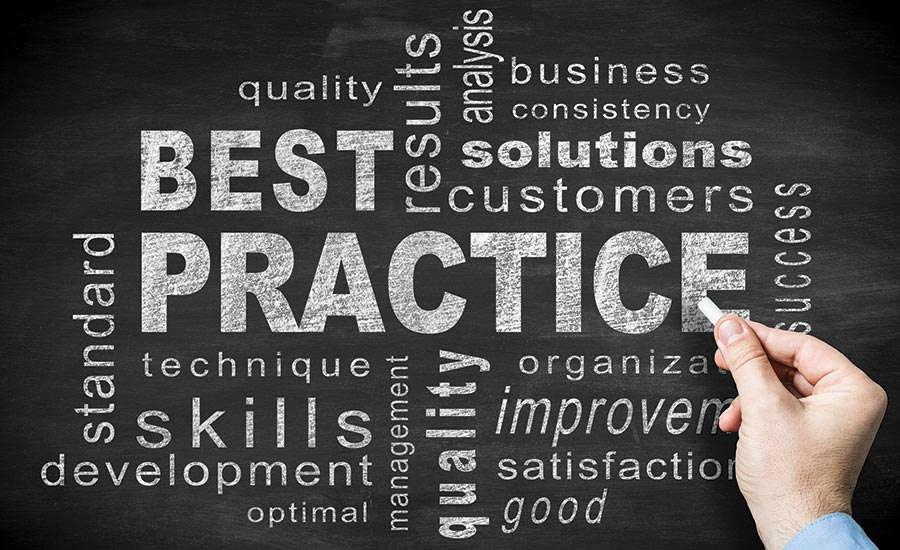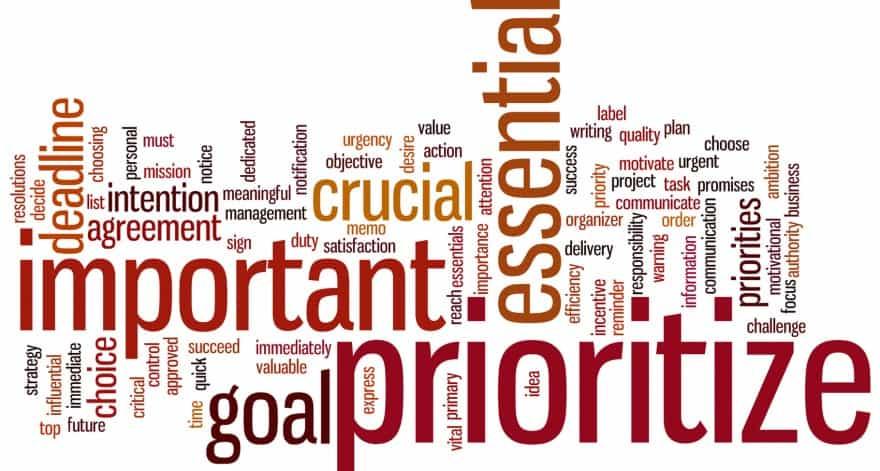𝑩𝒐𝒐𝒏 's Key Ideas from The First 20 Hours
by Josh Kaufman
Ideas, facts & insights covering these topics:
18 ideas
·8.56K reads
25
Explore the World's Best Ideas
Join today and uncover 100+ curated journeys from 50+ topics. Unlock access to our mobile app with extensive features.
Introduction
- The First 20 Hours is about rapid skill acquisition: picking up new skills as quickly as possible. You can go from knowing nothing to performing well in a very short period.
- It could take 20 hours or less.
76
950 reads
Use Rapid Skill Acquisition to Learn Within 20 Hours
- You probably have a skill you have always wanted to learn. May be it's playing the piano, doing well on the tennis court, or becoming conversational in French. It's never too late to learn your chosen skill. One of the most common regrets is not pursing give up before even learning the basics, because they believe it's too late.
- However, you can use rapid skill acquisition to kick start your experience. By using this technique, you can become competent in the skills you want to learn by putting in 20 hours if work. These hours will make to learn basics but skill mastery will take longer
77
745 reads
- The First few hours of leaning something new are always the hardest; this is where most people give up. This said, if you break your 20 hours down into an hour of practice per day, you will rapidly improve.
- You will find it much easier to continue building your skills after you've completed the first 20 hours. Once you get through the first 20 hours, you'll have significant practice will be easier. To make the most of these initial 20 hours, adopt the ten principles of rapid skill acquisition.
75
660 reads
"Skill is the result of deliberate consistent practice, and in early-stage practice, quantity and speed trump absolute quality. The faster and more often you practice, the more rapidly you'll acquire the skill"
JOSH KAUFMAN
79
638 reads
Apply the Ten Principles of Skill Acquisition
10 Clear principles to improve the efficiency of your skill acquisition:
- Choose a lovable project
- Focus your energy on one skill at a time
- Define your target performance level
- Deconstruct the skill into sub skills
- Obtain critical tools
- Eliminate barriers to practice
- Make dedicated time for practice
- Create fast feedback loops
- Practice by the clock in short bursts
- Emphasize quantity and speed.
94
611 reads
"The best thing that can happen to a human being is to find a problem, to fall in love with that problem, and to live trying to solve that problem, unless another problem even more lovable appears"
JOSH KAUFMAN
79
547 reads
Lean Your Chosen Skill by Focusing Your Energy
- There are probably many skills you'd like to acquire. But the first step of rapid skill acquisition is choosing to focus on one. Start by making a list of all the skills you're interested in, and pick the one most exciting to you right now. This excitement will help you stay motivated through your practice
- Use your time wisely when trying to learn something new, since you may only have about an hour a day to dedicate to it. Trying to learn multiple concepts at once would mean slow progress, which is not motivating at all.
79
483 reads
"Pick one, and only one, new skill you wish to acquire. Put all of your spare focus and energy into acquiring that skill and place other skills on temporary hold."
JOSH KAUFMAN
81
471 reads
Apply the 10 Major Principles of Effective Learning
- Practice in 20 minute bursts so that you can focus all your energy on your chosen learning task. These bursts should involve deliberate and consistent practices.
- The faster and more often you practice the quicker you'll acquire the skill.
- Research the skill and related topics
- Jump in over your head
- Identify mental models & mental hooks
- Imagine the opposite of what you want
- Talk to practitioners to set expectations
- Eliminate distractions in your environment
- Use spaced repetition & reinforcement for memortization
- Create scaffolds & checklists
- Make & test predictions
- Honor your biology.
83
457 reads
"Skill acquisition requires practicing the skill in question. It requires significant periods of sustained, focused concentration. It requires creativity, flexibility and the freedom to set your own standard of success.
JOSH KAUFMAN
72
402 reads
Choose your Skill
- Deciding how proficient you want to become at your chosen skill is the third principle in rapid skill acquisition. This is called your "Target Performance Level". It's important because if you can envision the end goal, it'll be easier to get there. Decide what level of skill is "good enough" for you. For example, if you're learning to play an instrument, consider whether you want to play a few songs by heart or jump into a jam session.
72
357 reads
Use Smaller Steps & Acquire The Tools You Need
- As well as choosing your skill level, you also have to use smaller steps. Break your chosen skills down into bite-sized pieces that you can tackle one by one. You don't attempt to down an entire meal in one bite, and you shouldn't try to learn a skill in one swing.
- By dividing the work ahead of you, progress will be easier, and the steps you need to take to succeed will be clearer.
- As well as defining the specific skill level you want to pursue, you need to identify the tools you need to succeed at your skill level. The tools are the fundamental building blocks of your skills.
75
331 reads
Limit Distractions
- When learning a skill, there will always be barriers that interfere with your learning process. So, consider any emotional roadblocks that may stand in your path, like fear or self-doubt. Remove any distractions, like a phone that might ring. Create a distraction less learning environment.
73
334 reads
"If you want to get good at anything where real life performance matters, you have to practice that skill in context. Study by itself, is never enough."
JOSH KAUFMAN
74
332 reads
Give Yourself Time to Practice
- In today's world, people are busier than ever. So, if you want to learn a new skill, you need to make time to practice. Identify other activities in your life that you aren't fond of, and work to cut those out. Fill that time with practicing your new skill. Your goal is to free up at least 90 minutes for practice each day by cutting low-value activities as much as possible. You could divide this time into three to five practice sessions.
- Can use Pomodoro technique
77
316 reads
Prioritize Quantity & Speed By Practicing in Short Bursts
- Practice in brief bursts. Shorten your working periods so you can avoid working on difficult or tedious activities for extended periods. Such activities can be draining and often lead to inefficiency.
- When you first start learning the hours of practice seen to drag on longer and longer. Because the task is difficult, it feels like you've spent longer practicing than you have.
- Avoid this feeling by using a 20-Minute timer. The timer will let you know how long you've been practicing. Since you'll know how long you've been working, you'll be more motivated during that period.
75
304 reads
In Summary, to acquire a skill quickly
- Decide exactly what you want to be able to do, and to what level
- Deconstruct a skill into the smallest possible subskills
- Learn enough about each sub-skill to able to practice intelligently and self-correct during practice.
- Remove physical, mental and emotional barriers that get in the way of practice.
- Practice the most important sub-skills for at least 20 Hours.
88
313 reads
Let's run through some top tips to help you with your learning process:
- Focus on one skill at a time
- Get the right tools for the job
- Remove distractions from your environment and address the fears
- Prioritize quantity and speed over quality in the first 20 hours
- Cut low value activities from your day. Use free time to practice your skills for at least 90 minutes. This can be broken into shorter bursts
- Track your progress and give yourself feedback, or else find a coach.
78
310 reads
IDEAS CURATED BY
CURATOR'S NOTE
The First 20 Hours focuses on the idea that you can become relatively good at anything within 20 hours.
“
Curious about different takes? Check out our The First 20 Hours Summary book page to explore multiple unique summaries written by Deepstash users.
Different Perspectives Curated by Others from The First 20 Hours
Curious about different takes? Check out our book page to explore multiple unique summaries written by Deepstash curators:
11 ideas
20 ideas
K 's Key Ideas from The First 20 Hours
Josh Kaufman
5 ideas
Light 💡's Key Ideas from The First 20 Hours
Josh Kaufman
Discover Key Ideas from Books on Similar Topics
Read & Learn
20x Faster
without
deepstash
with
deepstash
with
deepstash
Personalized microlearning
—
100+ Learning Journeys
—
Access to 200,000+ ideas
—
Access to the mobile app
—
Unlimited idea saving
—
—
Unlimited history
—
—
Unlimited listening to ideas
—
—
Downloading & offline access
—
—
Supercharge your mind with one idea per day
Enter your email and spend 1 minute every day to learn something new.
I agree to receive email updates
